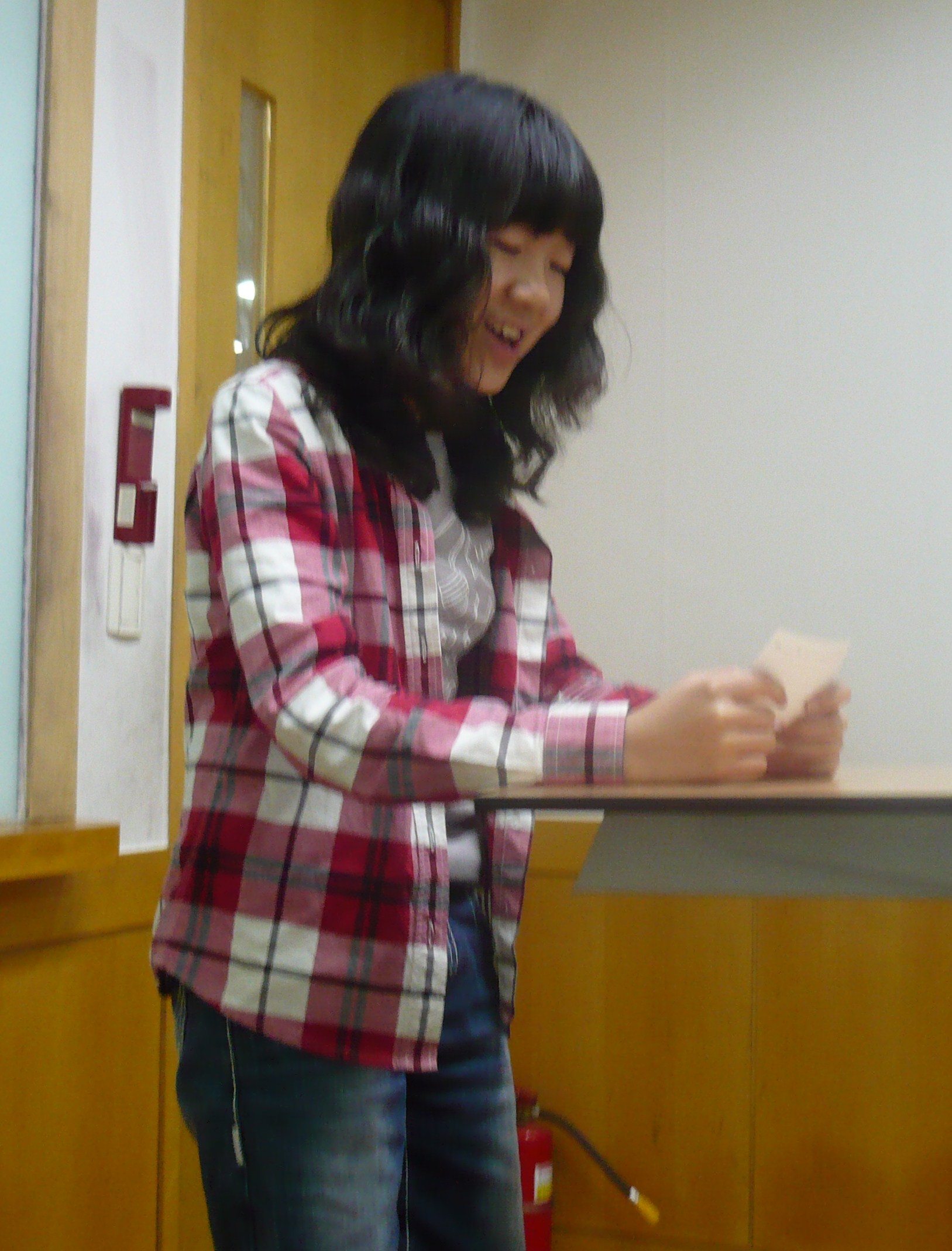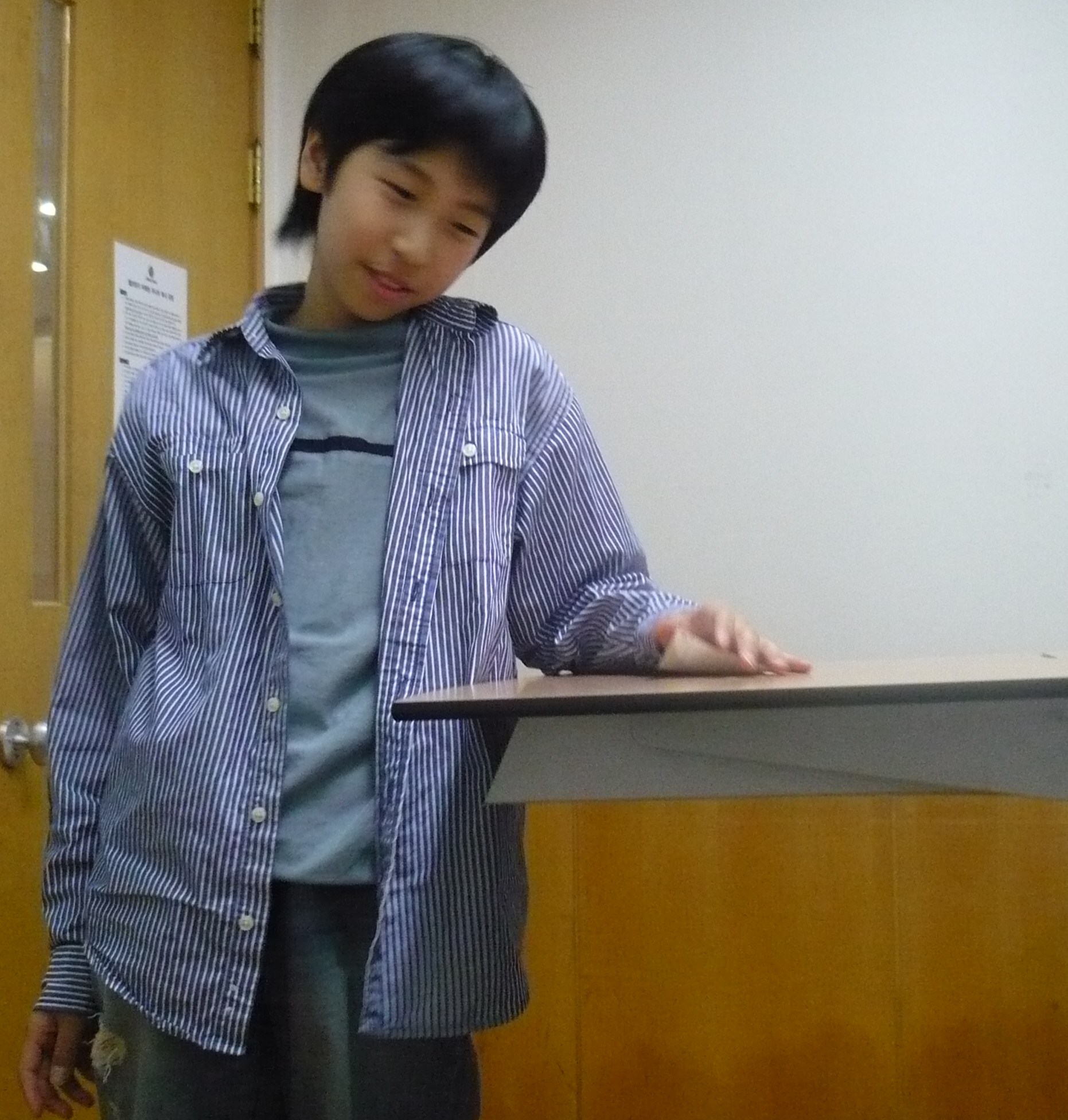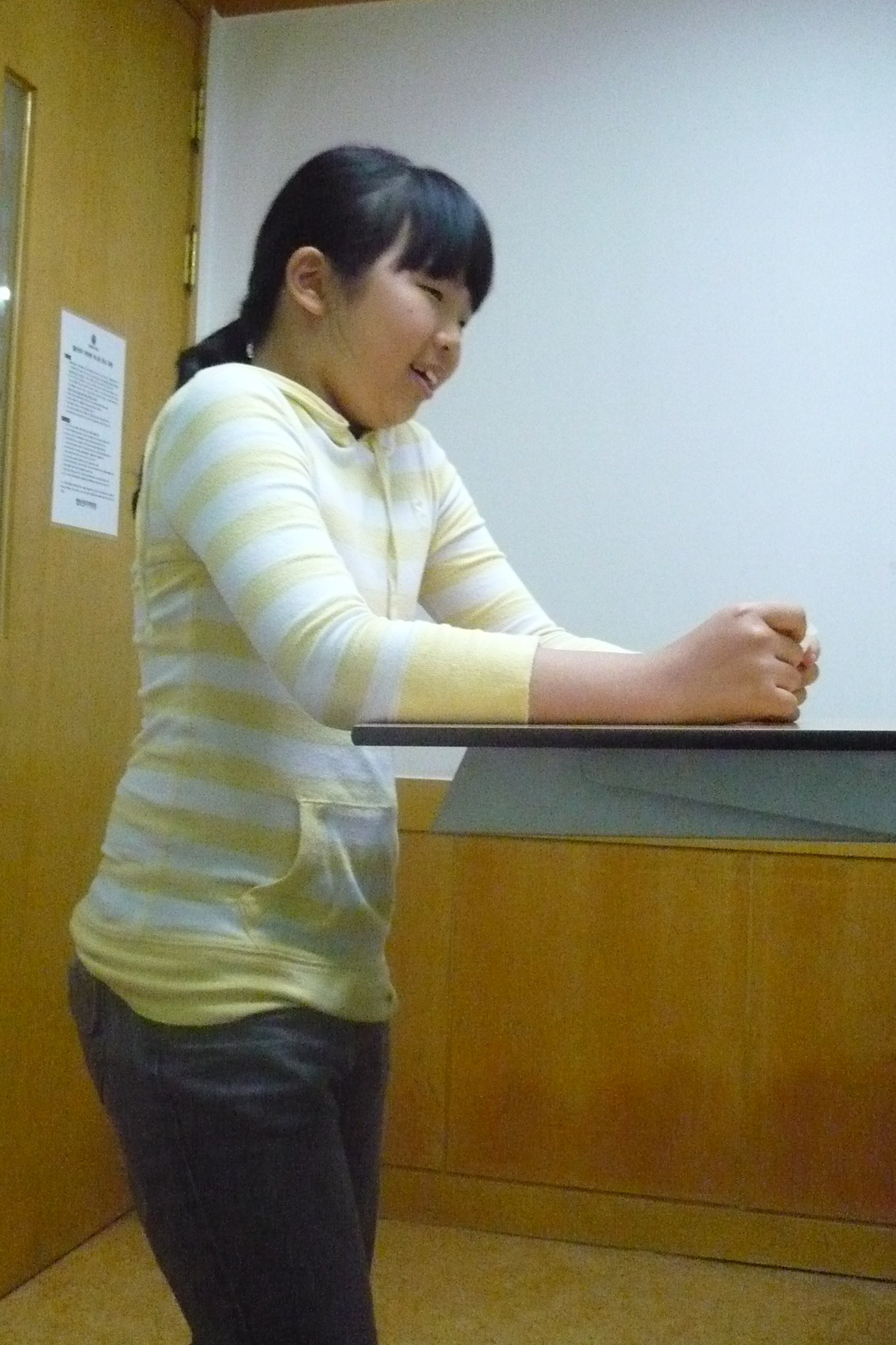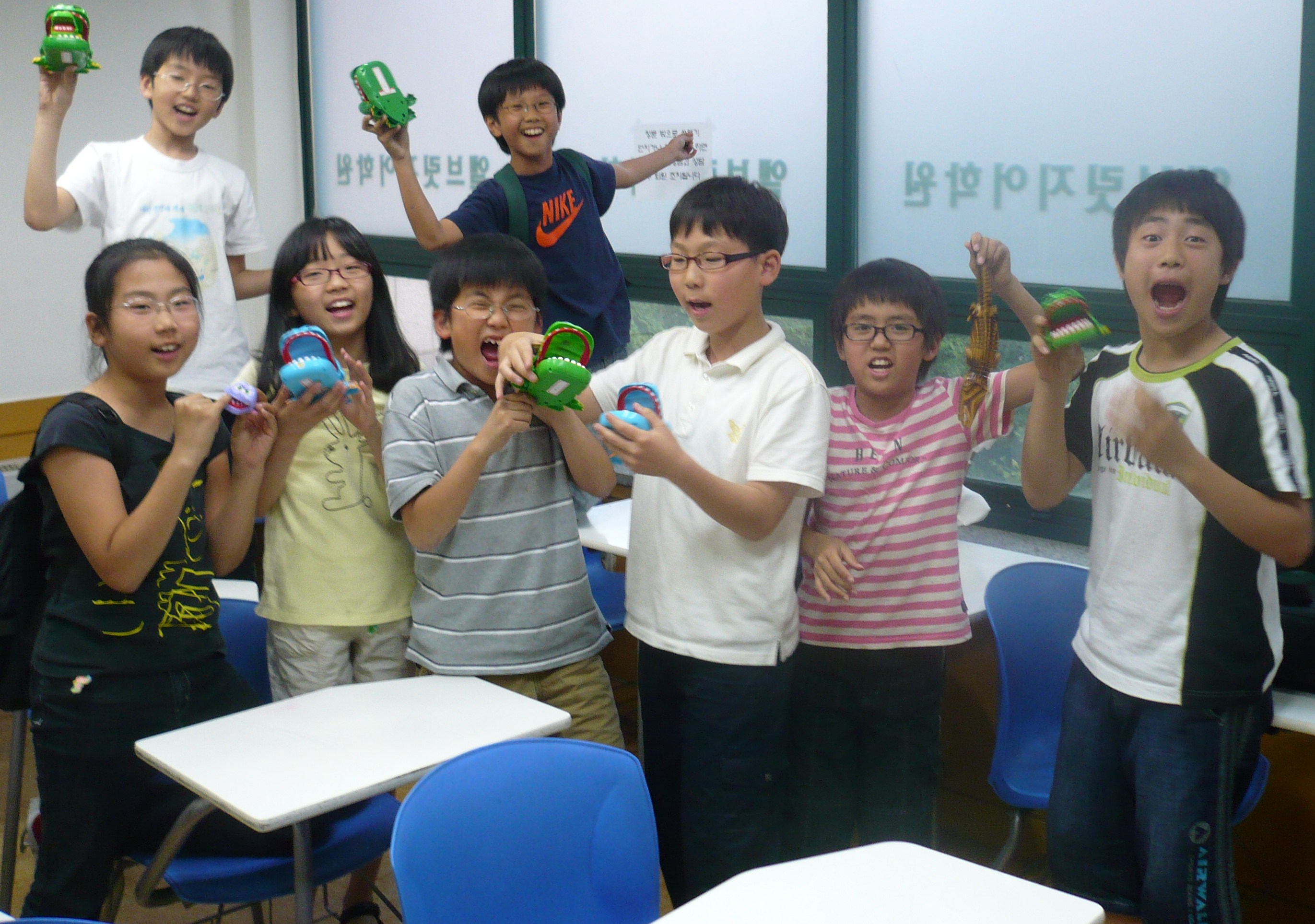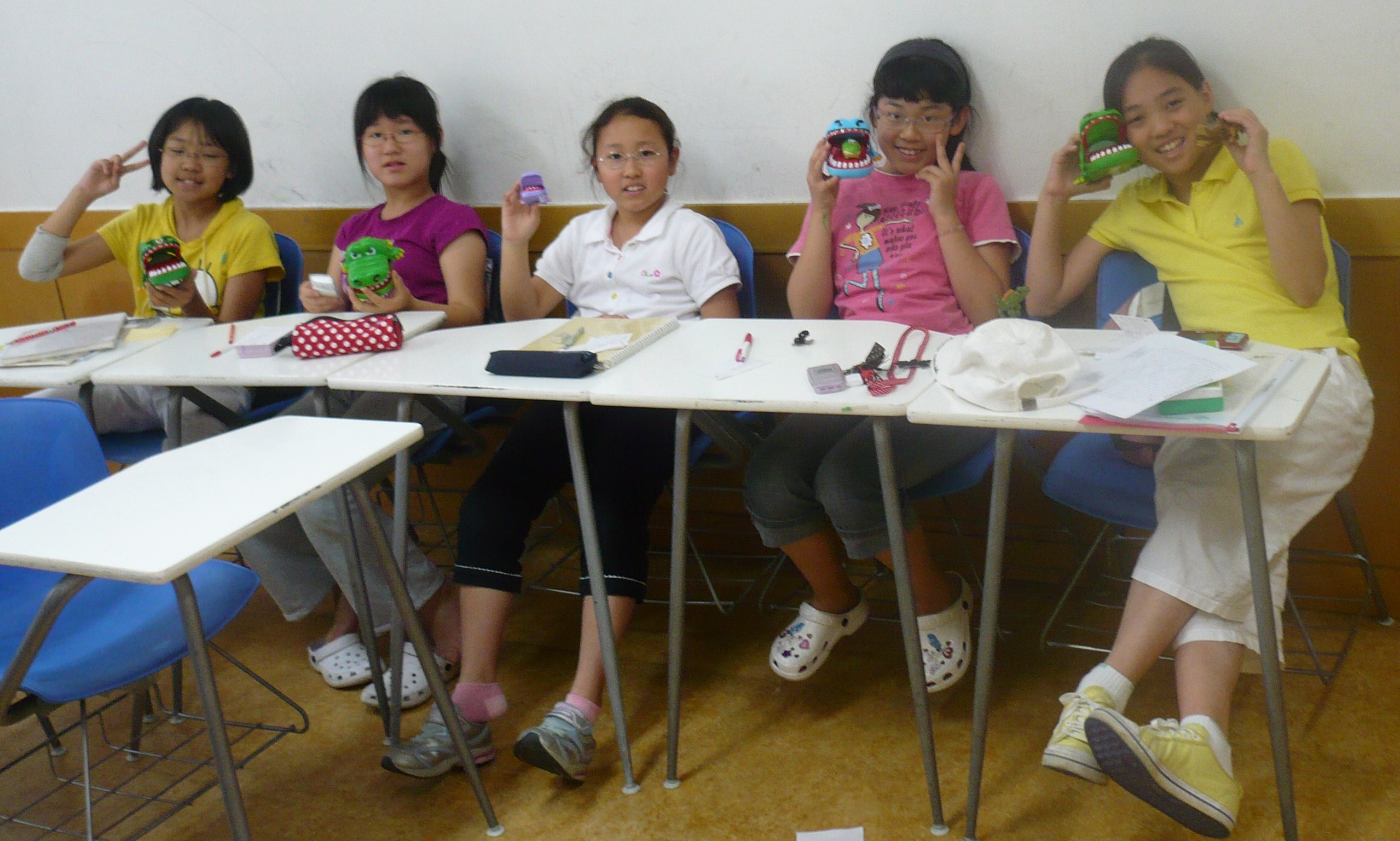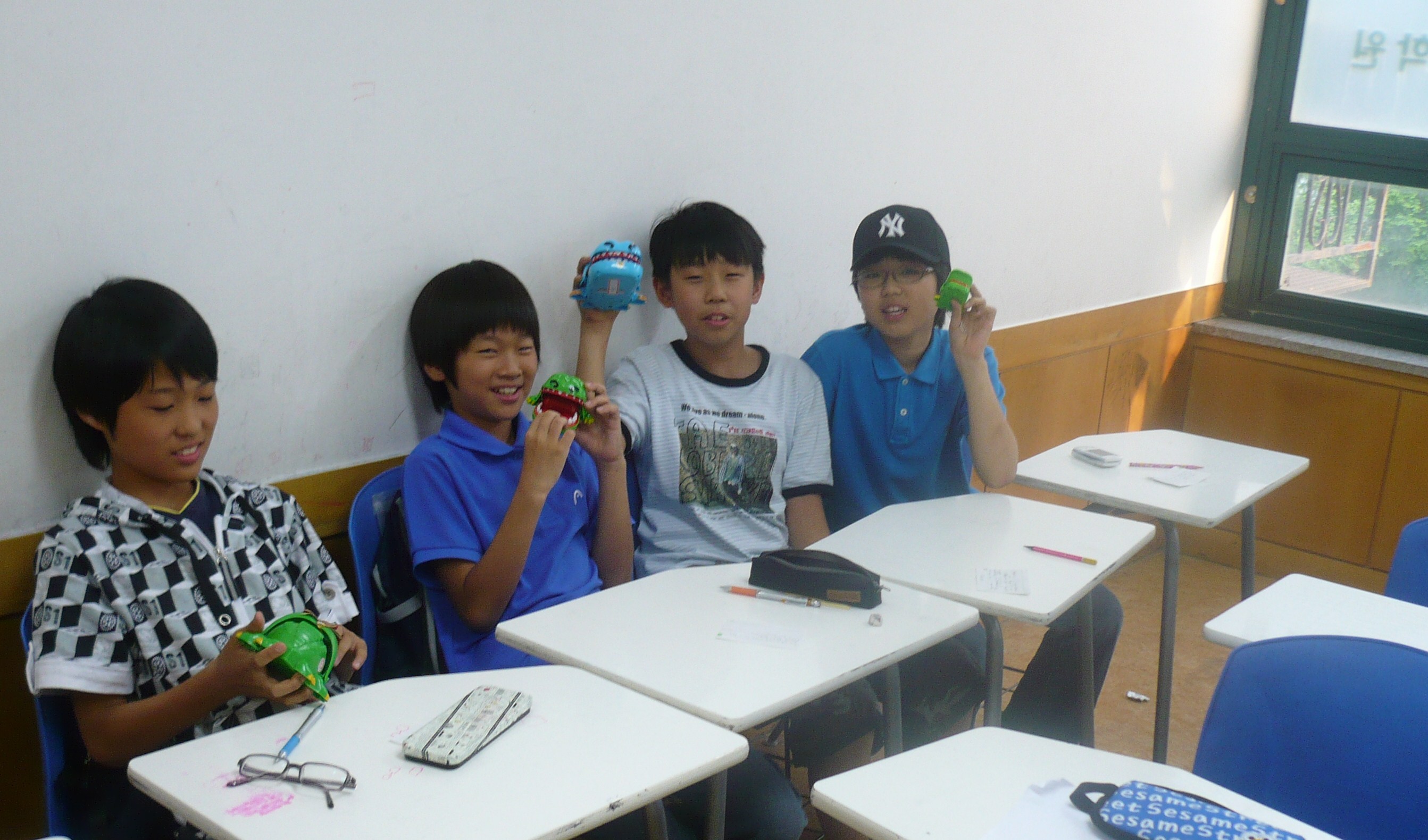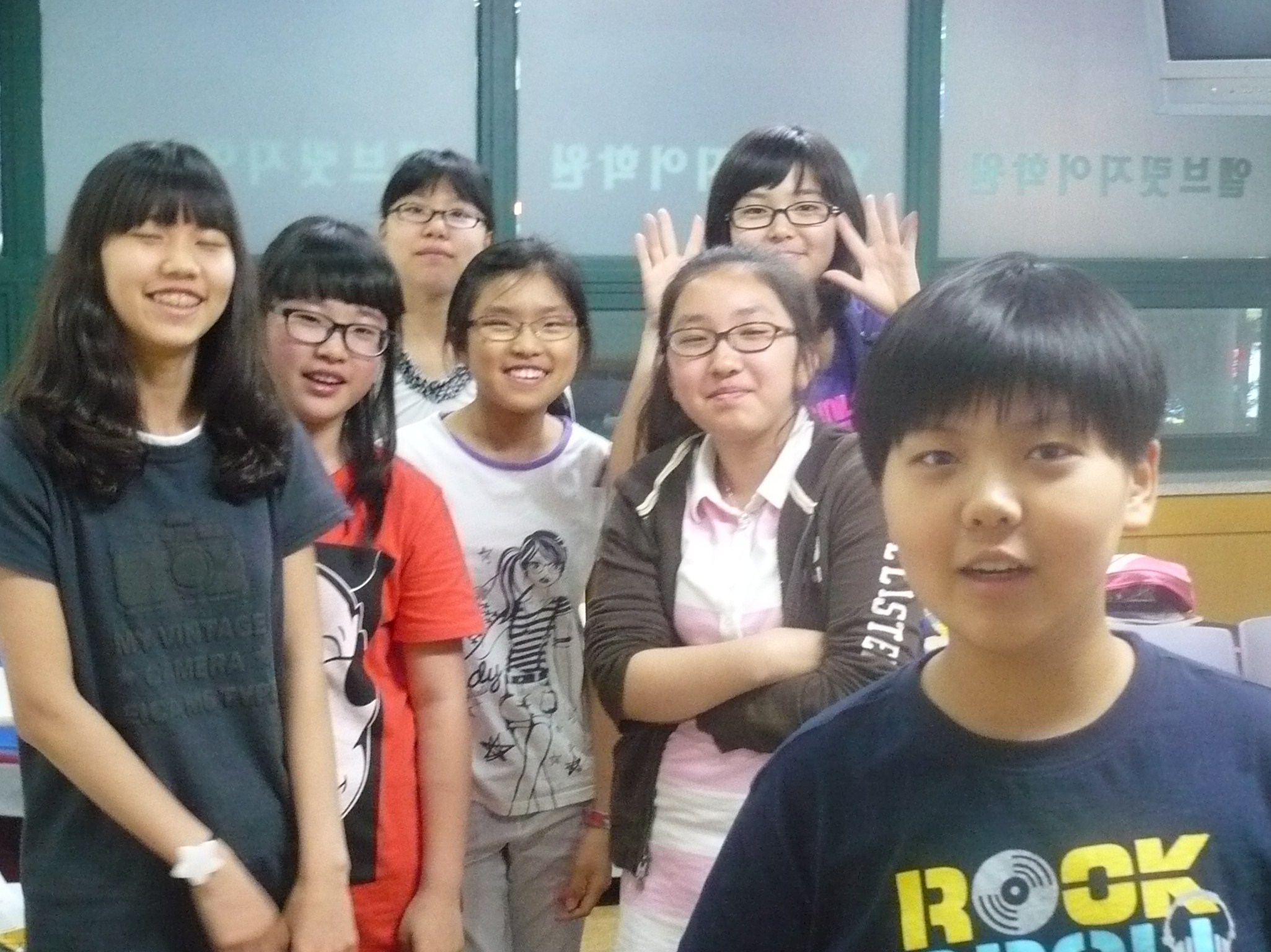I managed a situation badly.
The background.
I had two students, let's call them Jim and Jerry. They're among my more advanced cohort, both 6th graders. Normally, cheating isn't much of an issue, with these high-level kids. If a kid relies on cheating to get ahead, it's unlikely that a sustained habit of it can get them to this advanced level — there has to be real ability.
It wasn't a major test — just a quick vocabulary quiz. The sort of thing I wouldn't even bother with, if I could design my own curriculum. Certainly not in the "memorize the English words to match the Korean definition" format that these kids are given. But… anyway.
I don't keep an eagle-eye on the kids when they take these quizzes. If anything, I keep up a bit of a monologue laden with (hopefully) clever uses of the vocabulary words, mostly as a kind of good-spirited effort to give some hints as well as distract them to make the quiz more challenging. I'd rather have a more interactive classroom with slightly lower scores, to be honest.
Anyway, I guess Jim and Jerry cheated. One of them copied the other's paper, and I didn't notice during the quiz. There are occasional roving eyes, and I will sometimes say something like, "Keep your eyes on your own papers, please." But, at least in the advanced classes, I've never caught anything that looked much like blatant cheating.
But when I was correcting the quizzes, the evidence for copying was overwhelming. If two kids get right answers, then obviously they're the same right answers, and whether they've cheated or not is not something that can be determined after the fact. But Jim and Jerry both got very low scores (in the area of 20%). And they had lots of peculiar wrong answers, which were exactly the same between them. Some examples: "facillity" for "facility"; "endangerous" for "endangered"; and, most hilariously, "testis" for "attest to". There was, in fact, only one word where their answers differed at all — one of them got it correct, and the other left it blank. It was a word near the bottom. You can see, I hope, why I concluded that there had been cheating.
I jumped to a further conclusion… though with less certainty. Jim had studied for over a year in US, while Jerry has never studied abroad (I don't think). And I feel it was much more plausible that Jerry copied from Jim than vice versa, based strictly on linguistic evidence. Why? Because misspellings like "facillity" and ANY use of the word "testis" by a 6th grader reeks of what I think of as "native-speaker error." No Korean, exposed to only Korean English education, will know the word "testis," whereas almost any American child will have been exposed to term in some playground or locker-room context, and will find it funny or strange or mysterious or all of the above.
So my working hypothesis is that Jim wrote his answers (mostly wrong, a few right) and Jerry copied, except in one instance near the end when he happened to remember on his own a word that Jim hadn't gotten.
Whatever. That's not why I'm frustrated, now. I'm frustrated, because I managed the situation badly.
I circled their scores on the quiz papers, and was due to give them back to the students today (Friday). I intended to discuss my observations and concerns with the two boys, and keep the problem entirely "close to the vest" i.e. "in house." But I also left blanks for their scores in my grade sheet (rather than make a note – my first mistake). Because we just finished mid-terms, I was trying to get caught up in entering grades into the computer system, and so I turned around and at another point in time I was tearing through my grade sheets, entering grades. I wasn't really paying close attention — just making sure everything I had was in.
When I saw those blanks for those two boys, I decided to put in zeroes (my second mistake — blanks should be blanks, never zeroes). I did that with the idea in my mind that the two boys in question weren't stellar students, and that there was some issue, but I wasn't specifically remembering the cheating problem. I've done this before, rarely, and mostly what happens is one of two things: (a) neither the students nor the parents (who see the scores online once they're entered) care; (b) the student or parent comes to me and asks to resolve the issue somehow — doing a make-up or something like that. No problem. Normally.
But Jerry's mom saw the zero online almost immediately, and then called his homeroom teacher. Jerry’s homeroom teacher sits right across from me, so when she got this "alarmed-mother" call, she immediately just said, "hey, Jared, what's the deal with Jerry's quiz grade?"
I looked in my grade book, and saw the quizzes with the circled scores, and, remembering the cheating concern, I simply explained, immediately, the whole story. That was my third, and biggest mistake. I have always felt, believed, and tried to practice the idea that things like cheating controversies should be strictly between student and teacher until at least one conversation has taken place between them. But I'd not seen Jerry since quiz day, and so I hadn't met my own criteria. Yet I nonchalantly dumped the whole problem out there in public view.
If I'd followed my own rules, I'd have (a) never typed a zero into the computer (b) never said anything to Jerry's homeroom teacher about it until talking to Jerry. The fact that both things happened in sequence meant that the thing exploded (predictably), and got completely out of my control. The mom was furious. Of course, she picked a peculiarly "Korean-mom" way of being furious: she declared that I must be a terrible teacher, because I wasn't doing my job, which was, apparently, first and foremost, to "prevent her son from cheating." It has been reactions like this, in the past, that caused me to make up my own policy regarding keeping such controversies "in house" as much as possible.
So the whole thing escalated to the campus director. The mom's anger has been assuaged, a little — by removal of the zero, a commitment on my part to "talk fairly" with her son, and, most importantly, a chance to "retake" the quiz for a better score.
But the whole thing has been a bitter experience. Embarrassing. Frustrating. Depressing. I'll get past it. But. Argh.
Random Notes for Korean
답장 = reply
전달 = delivery, conveyance
인쇄 = printing
목록 = listing, catalog
방울 = drop, dewdrop, little bell
완화하다 = mitigate, assuage, mollify
거짓말 = lie
언론= speech, discussion
언론의 자유= freedom of speech





